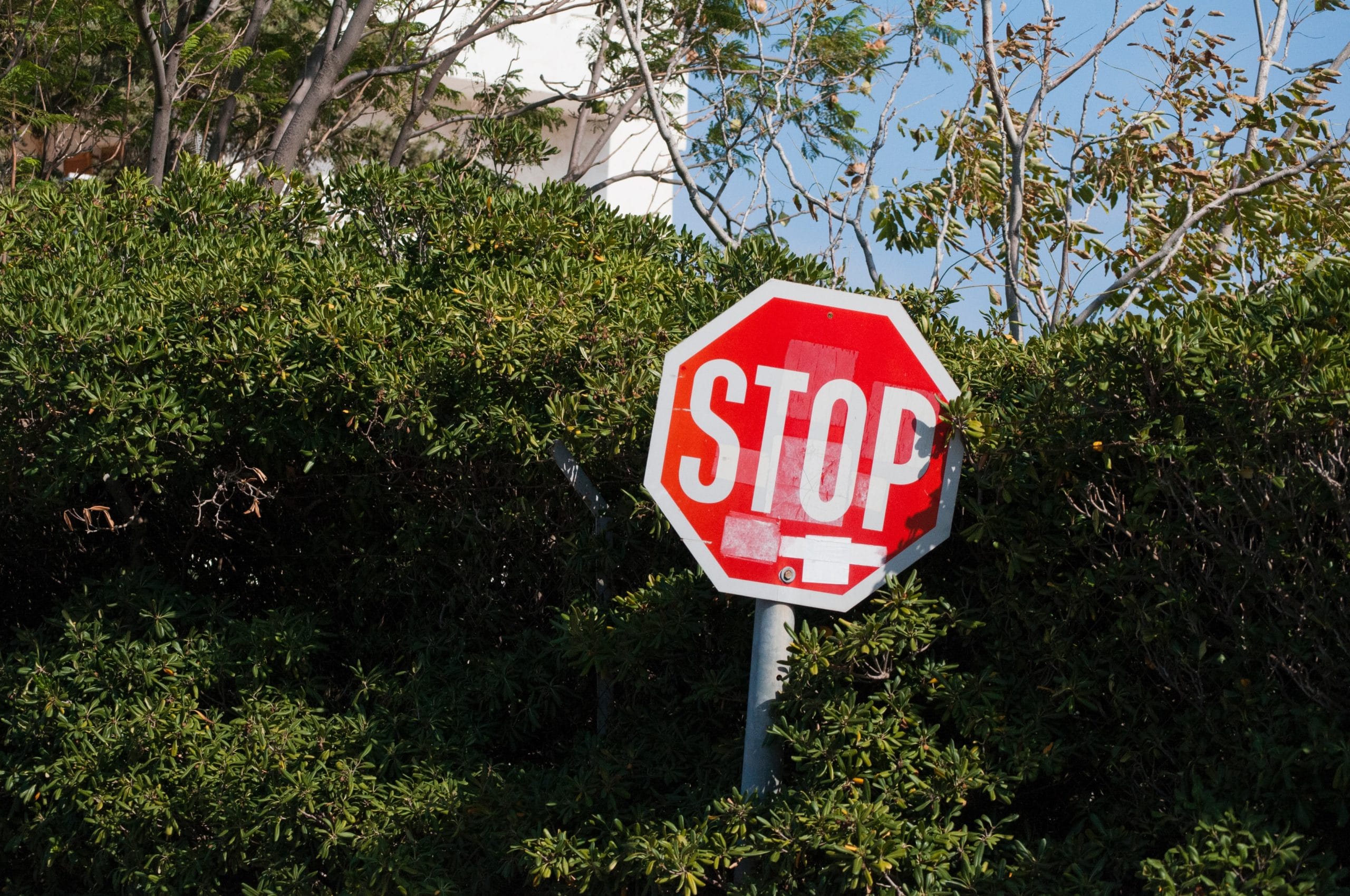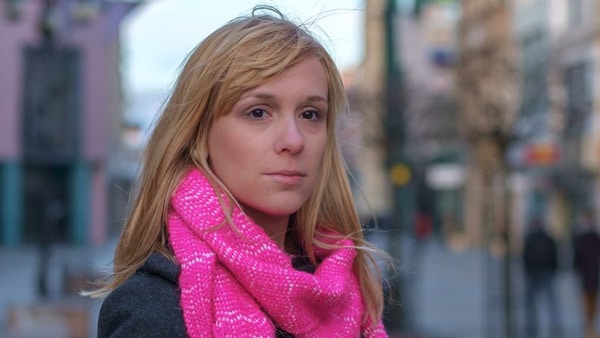
From Empathy to Empathic Fatigue
Many of us in helping professions rely on our empathy, compassion, and the ability to put ourselves in others’ shoes. Empathy helps us establish strong and close friendships and relationships. Without empathy, people may not turn to us for help.
Personally, I have always been proud of this aspect of my personality because it has helped me not only in my work but also in my relationships with friends and family. However, two and a half years ago, my ability to be empathetic and compassionate took a sudden toll – I experienced empathetic fatigue, a feeling that I simply no longer had the capacity to be there for others.
What is Empathy and Empathetic Fatigue?
Empathy is the ability to understand or feel another person’s state of being from their perspective, the ability to put ourselves in someone else’s position.
Daniel Goleman describes three types of empathy:
- Cognitive empathy refers to our ability to put ourselves in someone else’s shoes and see things from their perspective, without necessarily engaging with their emotions, making it a more rational process.
- Emotional empathy is when we can literally feel someone else’s emotions as if we have “caught” them.
- Compassionate empathy goes beyond understanding and feeling someone else’s situation and emotions; it involves a spontaneous readiness to help if needed.
Cognitive empathy is sometimes seen as too rational, while emotional empathy is seen as overly emotional, so compassionate empathy strikes a balance between the two. It is important to nurture all three types of empathy.
People in helping professions or those who are highly sensitive and tend to care for others often lose the balance between their own and others’ feelings because it is difficult for them to distance themselves from others. Often, in order to help others and “save the world,” we put ourselves, our feelings, thoughts, and needs on the backburner, potentially at the expense of our own well-being and mental health. People who consistently prioritize others’ feelings over their own needs often suffer from anxiety, depression, or empathetic fatigue.
Join our Action-Packed 7-day Resilient Leader Challenge!
Each day presents a unique dare to stop, slow down, notice, feel, and connect. Hit the link 👇 to learn more.
Empathetic fatigue is a state of emotional, mental, and/or physical exhaustion resulting from continuous exposure to the suffering of others. Although typical in people in helping professions, many who are in frequent contact with others or who are perceived as “eternal helpers” in their close circles can also experience it.
Some symptoms of empathetic fatigue include chronic physical and emotional exhaustion, lack of empathy and aversion to others’ complaints, isolation, headaches, sleep disturbances, irritability and impulsivity, substance abuse, poor concentration, and more.
How Can We Strike a Balance Between Caring for Others and Caring for Ourselves?
Emotional intelligence requires us to be compassionate towards ourselves. Even if you are accustomed to providing support and encouragement to others in your environment, you need to know that you, like everyone else, also need support, no matter how much it may seem that others need it more.
Mindfulness
From time to time, you can ask yourself if you are overwhelmed by others’ feelings, moods, and problems. If you notice this in conversations with others, you can always take a step back/pause while listening to their problems and observe yourself: “How am I feeling right now?” • “What do I need in this moment?” • “Am I still able to have this conversation?” • “What thoughts are present in me?” • “How does my body feel?”
Support Network
Find people in your environment with whom you can have honest and authentic conversations. They should be willing to listen to you and show understanding and empathy for your personal problems. In some cases, seeking help from a psychotherapist can be more than welcome.
Setting Boundaries
What do you like and what don’t you like? When do people cross your personal boundaries? When do you need time for yourself rather than for other people? What works for you in a given situation and what doesn’t? Practice expressing your needs in small things and let others know when you’ve had enough. As the well-known family therapist Jesper Juul said, “No can sometimes be the gentlest answer.”
Self-Care
Self-discipline is crucial here. It is essential to set aside some time every day to do something that you personally enjoy. Empathetic fatigue can always resurface at different stages of life, so self-care must be continuous. Find what brings you joy and what you love to do – sports, spending time in nature, meditation, dancing, drawing, writing…
By occasionally shifting the focus onto ourselves and our inner states, we begin to notice what we truly need, allowing us to decide how much we give to others and how much we ask for ourselves.
You can read more about mindfulness and emotions here.
Stay Connected & Level Up Your Leadership with Bujoo!
Craving for more wisdom on leadership and team building? Sign up for our newsletter now and enjoy weekly nuggets, invigorating exercises, enlightening podcasts, and inspiring stories — your toolkit for becoming a better leader awaits.



























